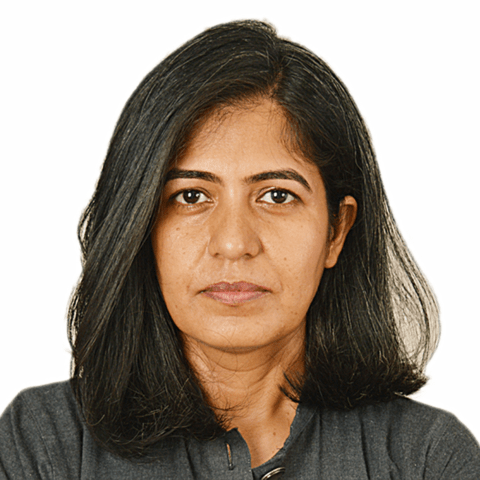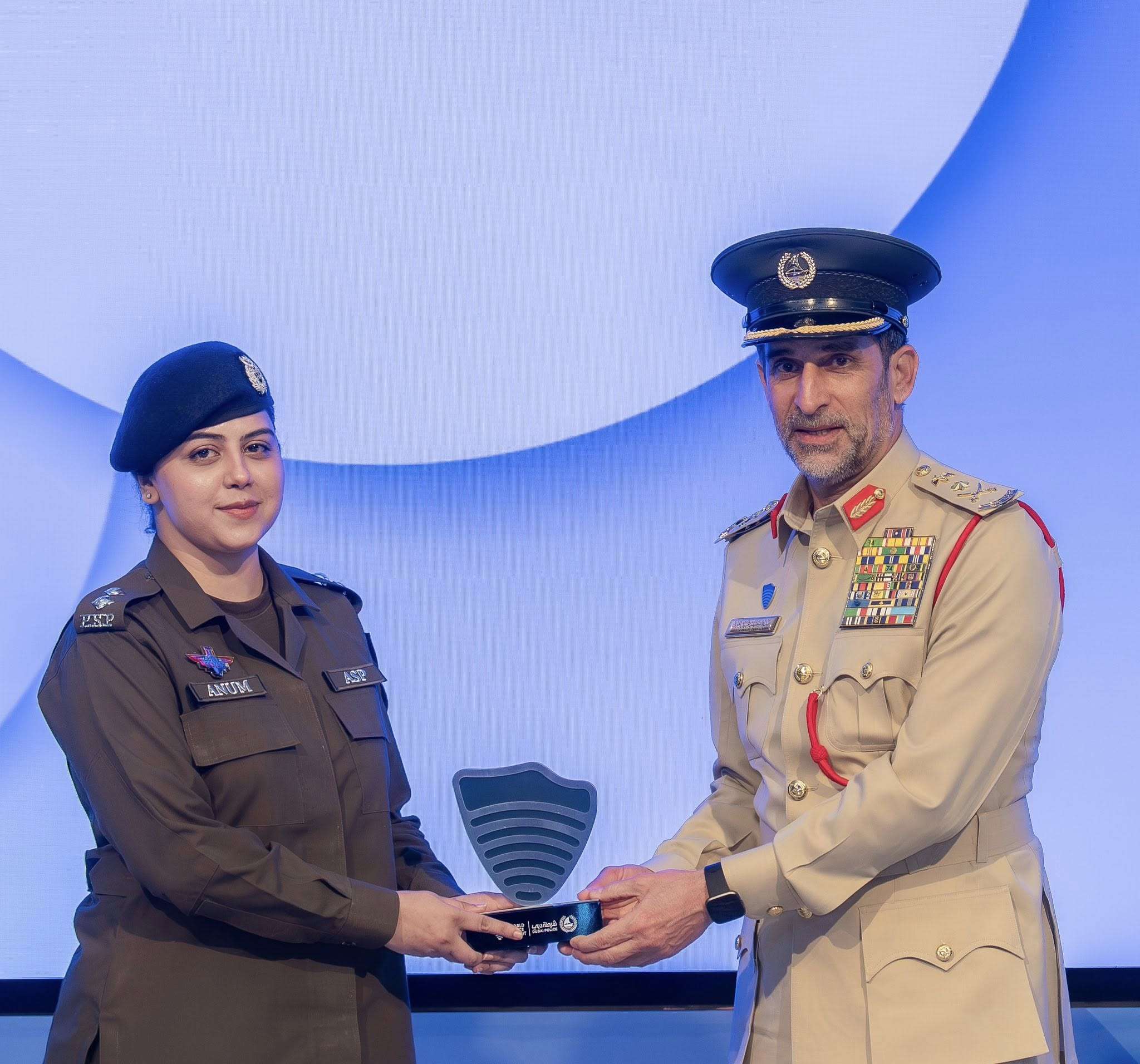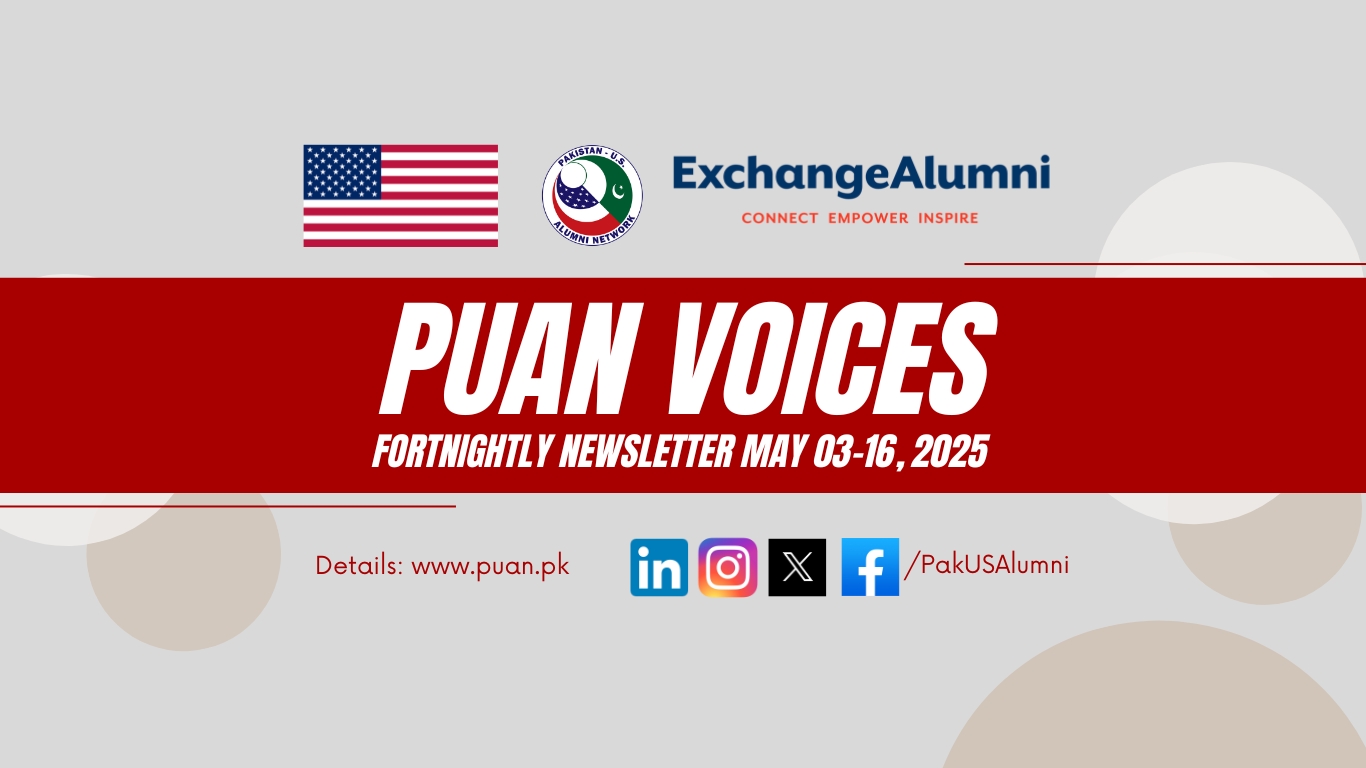By Rimsha Ali Shah.
Sitting in the Daily Ibrat office, a Sindhi newspaper in Karachi, Veengas typed away the ending sentences to a story she had been working on. She had been at this very office since 2008 when she decided to delve into the world of journalism and started writing on human rights, politics, and minority rights. As she picked up the phone to give her interview for the Pakistan-U.S. Alumni Network (PUAN) blog, she recalled the journey she had had, sitting in this very office.
It was in 2011, while still working with the Daily Ibrat, that she stumbled upon an announcement for the U.S.-Pakistan Professional Partnership in Journalism exchange program. At that time, this opportunity was what Veengas had been seeking. She applied, got in and headed off to the United States for a six-week long exchange program that helped her increase her knowledge and strengthen her capacity as a journalist.
“I was looking for a fellowship that could help me expand my skills and technical understanding of the world of journalism and this seemed like the perfect opportunity,” she said.
Fast forward five years, Veengas is now a senior journalist with published work in national and regional newspapers including, The Friday Times, Daily Times, Daily O, The Wire, and Global Voices. She writes in Sindhi and in English. Veengas has also delivered talks, completed further fellowships and attended international conferences on regional peace-building.
Even though she had her reservations while setting off on the journey, she soon realized that she was misguided in her reservations. “I was very concerned about going through immigration with my green passport. But, it was a total breeze! From the airport to D.C. to Arizona, I was treated with warmth and respect by everyone I met on the streets and at the workplace. The American hospitality was in stark contrast to what I had imagined.”
One incident she recalls vividly from her program was her interaction with students at the University of Arizona. She shared her experience of being a female journalist in Pakistan with students at the university. “I could not believe that the students would show so much interest in Pakistan and be aware of the realities, but I was once again reminded to revisit the stereotypes we had conjured up. Their questions and concerns inspired curiosity in me – something that I have channeled into my writings actively.”
While at the fellowship, Veengas also published a story on the state of media in Pakistan. This gave her the chance to work in cohesion with the editors, incorporating their feedback and publishing a story according to the American journalistic standards. “I remember when this piece was published, we received a lot of calls appreciating my writing. This exercise helped me to think more critically about my stories and, the appreciation really gave me a boost!”
Since her return, Veengas has diversified her journalistic capabilities. She partook in the Center for International Media Ethics Fellowship for Ethics Leadership, 2013, attended the Asia Journalism Fellowship Program in Singapore in 2015 and completed an online course on “Freedom of Expression In The Digital Age” by International Center For Journalists in 2015. She wrote honest and tough stories on minority rights and blasphemy law and interviewed renowned politicians, diplomats and journalists including, Ms. Melanie J. Bixby, Executive Direct U.S-Pakistan Women’s Council; Mr. Declan Walsh, New York Times, Pakistan Bureau Chief; Mr. Aitezaz Ahsan, Pakistan Peoples Party (PPP) Leader and Ex-President of Supreme Court Bar Association; Mr. Makhdoom Amin Fahim, Chairman – PPP; Mr. Hussain Haroon, Former Ambassador of Pakistan to the UN; and Mr. Kaleemullah Lashari, Secretary Department of Antiquities, Sindh.
Last year, Veengas spoke at the PUAN International Peace Conference on the role of media in promoting peace and conflict resolution to an audience of 200 peace activists from South Asia.
Her most recent achievement is a publication compiling her writings on minority rights issues in Pakistan.
She credits Bobbie Jo Buel, a former editor at the Arizona Daily Star, for pushing her towards publishing a book. “She knew writing for me was not only limited to detailed news articles but also poetry. I write under the pen name Helena. She suggested that I compile my work in the form of a book.” While Veengas herself is still in the process of compiling her poetry, her book on Pakistan’s Troubled Minorities showcases her entire work on investigative stories on minority rights violations from the gendered perspective.
As for future plans, Veengas aims to take her cause of promoting female journalists and untold stories through the creation of an online platform. “I want emerging and seasoned female journalists to come together and publish untold stories of human violations.”
We wish her all the best for her future endeavors!








